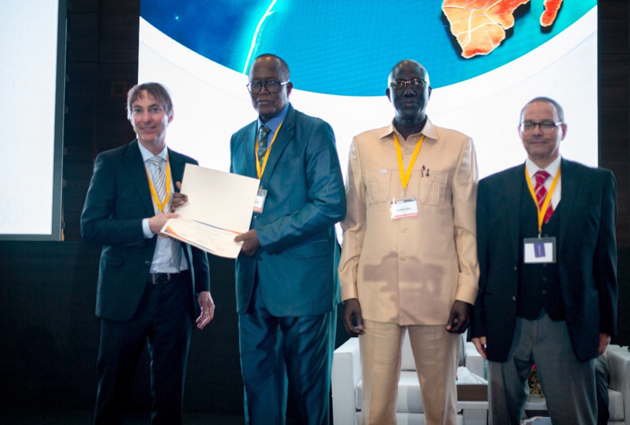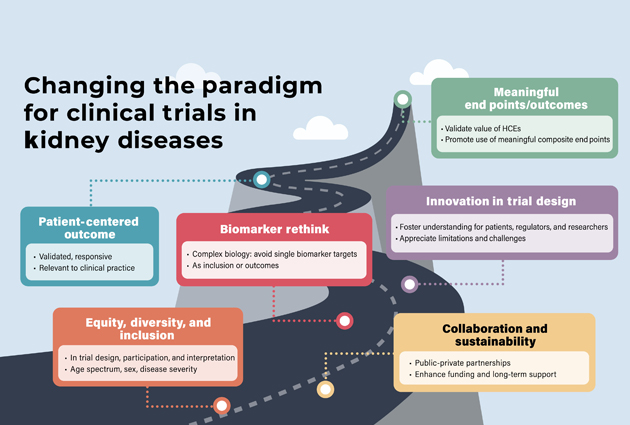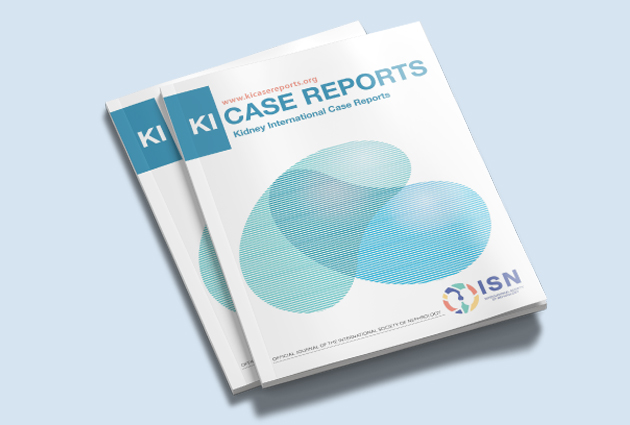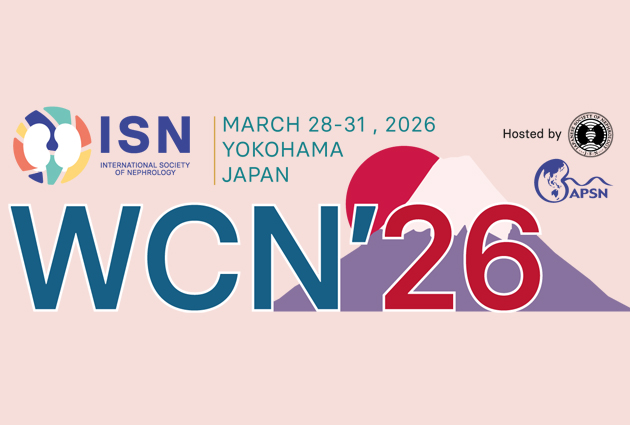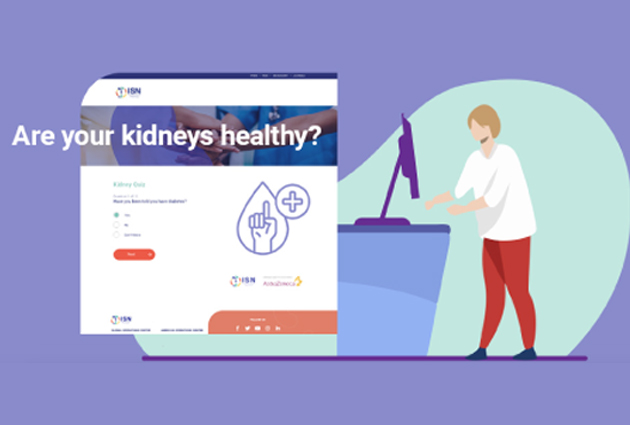Research by Young ISN Members Highlights the Importance of Sub-tertiary Hospital Capacity to Manage Kidney Disease in Low- and Middle-income Countries
The majority of patients with kidney disease in low- and middle-income countries (LMICs) are thought to present to sub-tertiary hospitals. Therefore, the capacity of these healthcare facilities to manage kidney disease is an important consideration.

Young ISN Member, Dr. Grace Igiraneza (Rwanda), who undertook an ISN Fellowship at Yale University, recently investigated the capacity of sub-tertiary hospitals to manage kidney disease in Rwanda. Her research findings, published in Kidney International Reports, can be read here.
Two other Young ISN Members, Dr. Rhys Evans (United Kingdom), ISN Young Nephrologist Committee Member, and Dr. Chimota Phiri (Malawi), ISN African Regional Board Member, comment on the importance of this work in this associated article.
Dr. Igiraneza outlines the key findings from her research in response to the questions below:
Why did you undertake this research?
While pursuing my nephrology fellowship, the more I learned about the complexity of kidney diseases and the economic burden related to its management or lack thereof, I realized how quality kidney care is an important health need especially in developing countries that are already struggling with limited resources.
Acute kidney injury, if diagnosed and treated on time, can be reversed. As a nephrologist working in LMIC, I like to think that if we focus on optimizing the prevention and management of AKI, we will save many lives despite limited resources. There are international and national guidelines to diagnose and treat AKI, but are hospitals in LMIC equipped to follow those guidelines?
Therefore, my study tried to address important questions such as: “What is the existing capacity for and what challenges do health facilities and providers face in managing AKI patients?” These questions inspired me to undertake the study to understand the current state of AKI care in sub-tertiary hospitals
What did you do?
The study was designed to assess ten sub-tertiary hospitals across the country, including at least 2 hospitals in each of the 4 provinces of the country. Using a pre-designed checklist, partly inspired by KDIGO AKI guidelines, we evaluated the capacity of the hospitals to provide accurate and appropriate diagnosis and management of AKI. Simultaneously, we conducted a knowledge assessment survey on AKI prevention, diagnosis, and treatment of providers using clinical vignettes.
What did you find?
The findings show that sub-tertiary hospitals have limited capacity in terms of diagnosis and treatment of AKI, especially in dialytic treatment. The providers at these facilities demonstrated substantial knowledge gaps in both the recognition and management of AKI.
How do you hope the findings of your work will impact kidney care in Rwanda and other LMICs in the region?
Understanding the challenges and gaps in health systems in LMIC is key in guiding interventions needed to improve kidney care. The study highlighted the urgent need to train healthcare providers. This is likely to be the next project for the Rwanda Renal Society and other stakeholders.
When a country identifies an urgent need, it is up to them to determine how best to address it and how quickly to do so. The findings of this study can guide policymakers and nephrologists in LMICs to develop sustainable and achievable strategies to improve AKI care at a sub-tertiary level.
How did your ISN Fellowship facilitate this work?
The ISN offered me the opportunity to train at Yale University, a renowned and outstanding training program. Training under dedicated and knowledgeable mentors has not only allowed me to learn clinical nephrology but also to look at kidney care from a global health standpoint and appreciate the disparities in health care access. The initial one-year training program was extended to 18 months which allowed me to incorporate research into my training. I am grateful to the ISN for believing and investing in me!


